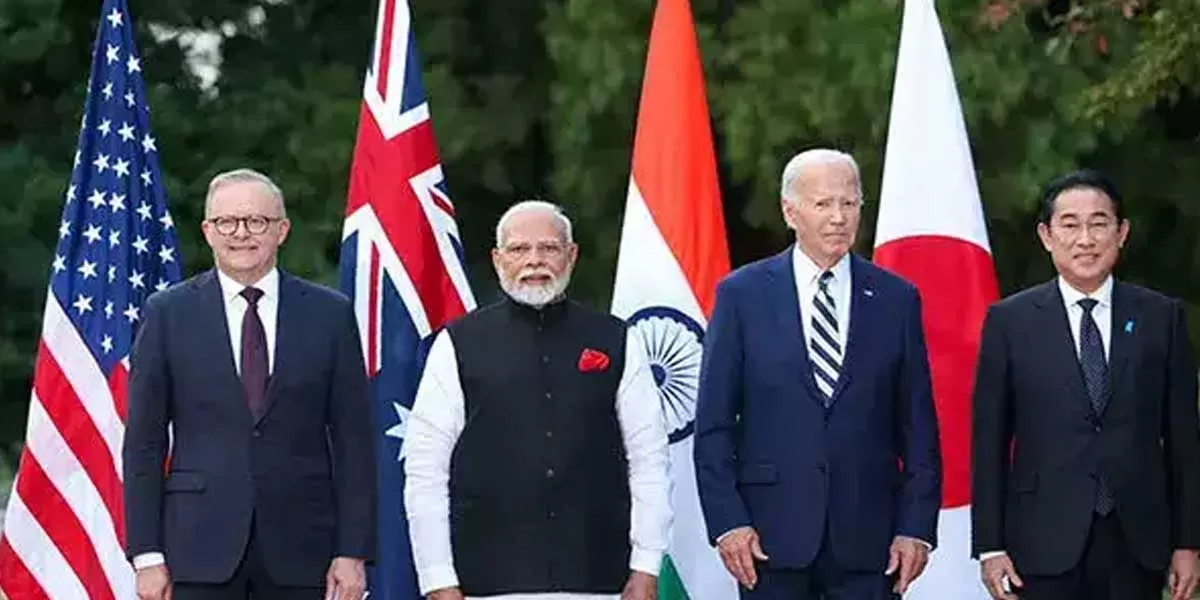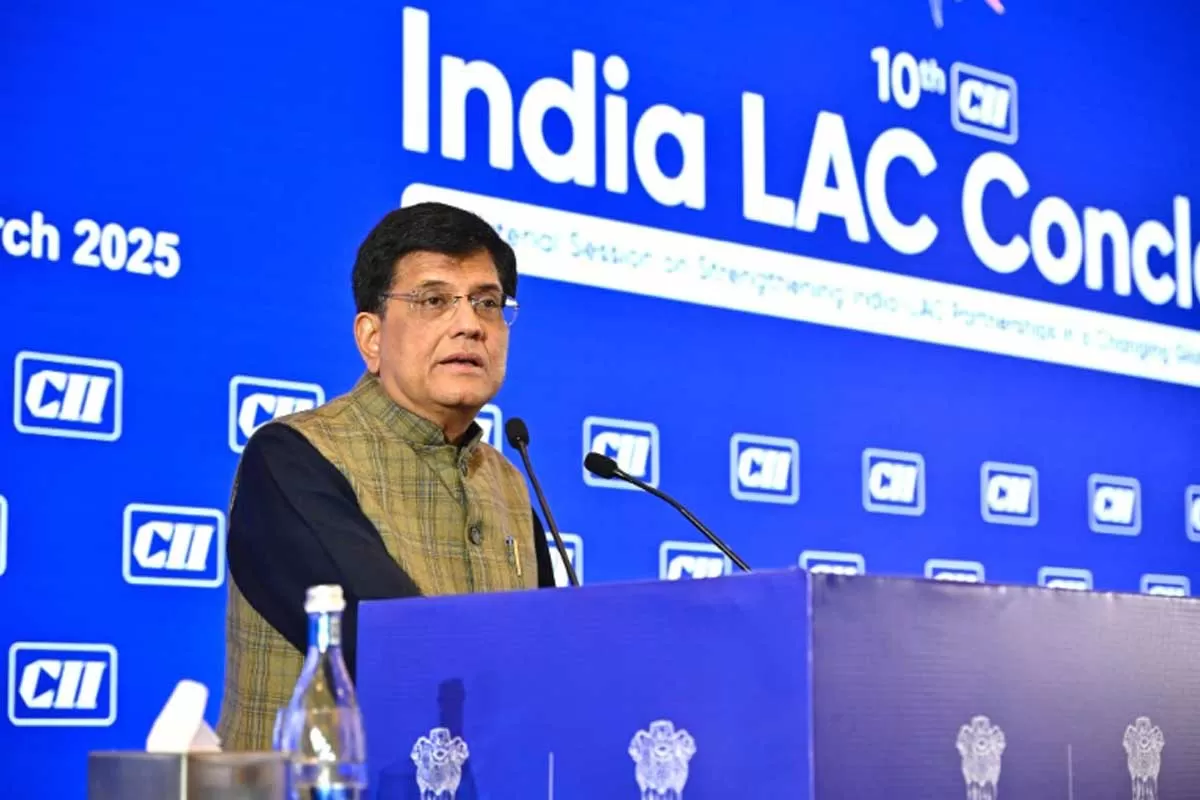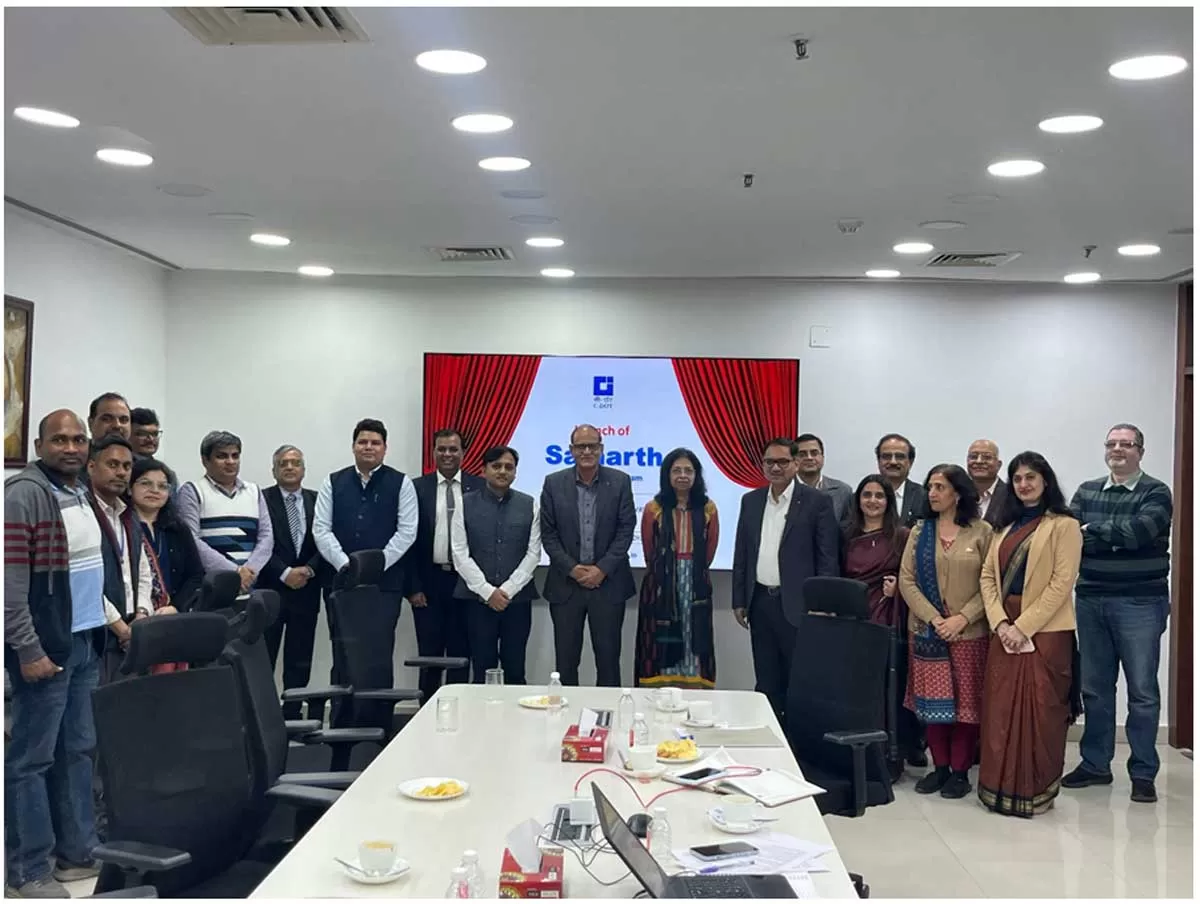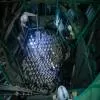
India signs IPEF agreements, targets Rs 1.91 trillion in green investments

LAC Partnership Holds Potential for Economic Expansion: Goyal
Union Minister of Commerce & Industry, Piyush Goyal highlighted thatthere remains significant untapped potential for economic and trade expansion. Goyal, addressed the 10th CII India-LAC Conclave at New Delhi, emphasising the growing importance of India’s economic engagement with the Latin American and Caribbean (LAC) region. He said, the India-LAC partnership is not just about business but also about cultural exchanges, shared traditions, and a collective commitment to preserving heritage. He noted that the passion for festivals, sporting spirit, and rich histories of both regions provide ..

ULIP Surpasses 100 Crore API Transactions
Unified Logistics Interface Platform (ULIP) has reached a significant milestone, recording 100 crore API transactions, reinforcing its role as a game-changer in India's logistics sector. This achievement marks a significant step toward building a world-class, technology-driven logistics ecosystem that fuels industrial growth under Make in India and accelerates the vision of Viksit Bharat 2047. The Union Minister of Commerce & Industry Piyush Goyal, commended the achievement, stating, “ULIP's success wouldn't have been possible without the collaborative efforts of our users, logistics stakeh..

Centre for Development of Telematics launches ‘Samarth’
Centre for Development of Telematics (C-DoT), an autonomous Telecom R&D centre of Department of Telecommunication (DoT), Government of India launches first cohort of Incubation Program named as “Samarth” with a focus on fostering innovation and promoting technological advancements in India’s telecommunications and IT sectors. “Samarth” Incubation Program is designed to provide comprehensive support for startups and innovators engaged in creating next-generation technologies in the fields of Telecom Software Applications, Cyber Security, 5G/6G Technologies, AI, IoT Applications & Qua..














